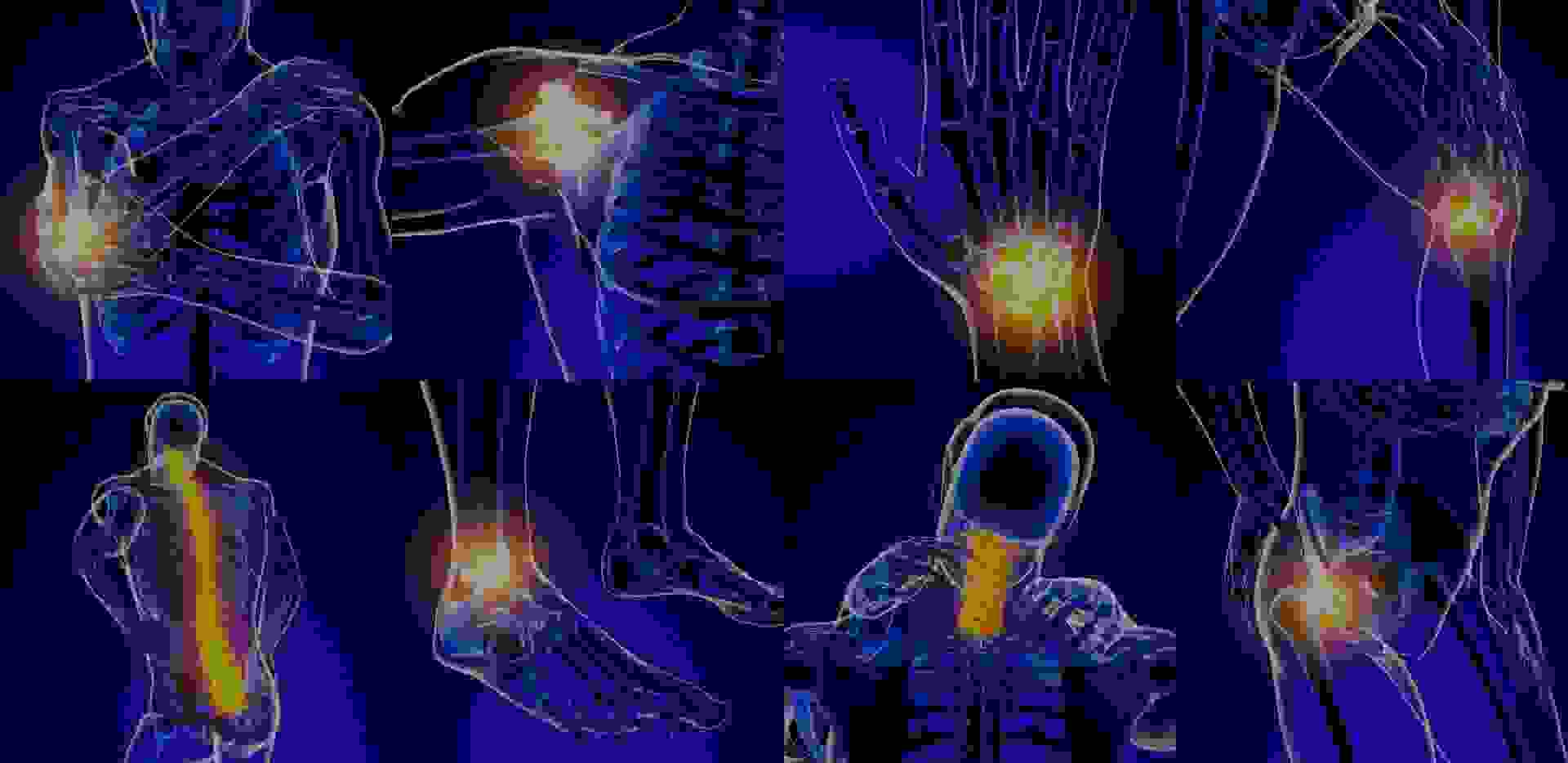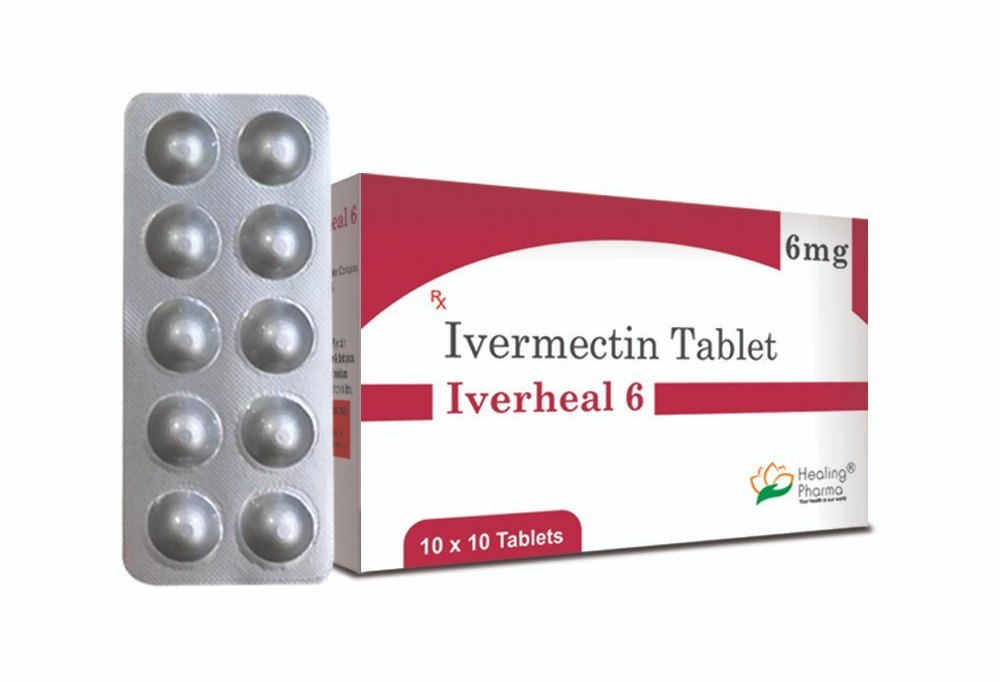Nerve pain, also known as neuropathic pain, is a complex and often debilitating condition that affects millions of individuals worldwide. The management of nerve pain presents numerous challenges, as traditional treatments may provide limited relief and have potential side effects. However, with the rapid advancements in medical technology and the growing emphasis on personalized medicine, there is a promising horizon for innovative approaches to nerve pain management. This article explores the current landscape of nerve pain treatment, the emerging technologies and therapies that show potential, as well as the importance of patient-centered care in enhancing outcomes for individuals living with nerve pain.
Introduction to Nerve Pain
Nerve pain, also known as neuropathic pain, can feel like a lightning strike or a persistent ache that just won’t quit. It’s like your body’s alarm system gone haywire, sending signals of discomfort without any real threat. Understanding the ins and outs of nerve pain is key to finding relief that doesn’t just mask the symptoms but tackles the root cause.
Current Challenges in Nerve Pain Management
Limitations of Traditional Treatments
Traditional treatments for nerve pain often fall short, providing temporary relief at best. From painkillers that only numb the sensations to physical therapies that offer limited improvement, the current toolbox for managing nerve pain leaves much to be desired.
Impact of Nerve Pain on Quality of Life
Nerve pain isn’t just a physical sensation; it’s a life disruptor. It can affect your ability to work, sleep, and enjoy the simple pleasures of everyday life. The constant presence of pain can lead to anxiety, depression, and a sense of isolation, painting a bleak picture for those grappling with this relentless condition.
Emerging Technologies and Therapies for Nerve Pain
Advancements in Neuromodulation Techniques
Imagine rewiring the faulty circuits that cause nerve pain, disrupting the signals that spell agony for your body. Neuromodulation techniques like spinal cord stimulation and peripheral nerve stimulation are paving the way for a more targeted approach to managing nerve pain, offering hope where traditional methods have failed.
Exploring Novel Drug Delivery Systems
Say goodbye to popping pills that only provide fleeting relief. Novel drug delivery systems are on the rise, from patches that slowly release medication to injections that precisely target the affected nerves. These innovative approaches promise more effective pain management with fewer side effects, heralding a new era in nerve pain treatment.
Potential Benefits of Integrative Medicine in Nerve Pain Treatment
Role of Mind-Body Practices in Pain Management
Healing isn’t just about soothing the body; it’s about calming the mind. Mind-body practices like meditation, yoga, and guided imagery offer a holistic way to address nerve pain, helping patients cultivate resilience and cope with the challenges of chronic discomfort.
Complementary Therapies for Nerve Pain Relief
From acupuncture to herbal remedies, complementary therapies are gaining recognition for their potential in alleviating nerve pain. By tapping into the power of natural healing modalities, patients can explore new avenues of relief that complement traditional treatments, offering a more comprehensive approach to managing this complex condition.# The Role of Precision Medicine in Addressing Nerve Pain
Personalized Treatment Approaches based on Genetic Factors
Gone are the days of one-size-fits-all treatments for nerve pain. With precision medicine, healthcare providers can tailor interventions based on individual genetic markers. This targeted approach allows for more effective and personalized care.
Utilizing Biomarkers for Targeted Interventions
Biomarkers serve as valuable clues in the realm of nerve pain management. By identifying specific biomarkers, healthcare professionals can hone in on the underlying causes of pain and develop interventions that directly target these markers. This precision leads to more successful outcomes for patients.
Promising Research and Clinical Trials in Nerve Pain Management
Breakthrough Discoveries in Nerve Regeneration Studies
Exciting advancements in nerve regeneration research offer hope for those suffering from nerve pain. Scientists are uncovering innovative ways to repair damaged nerves, potentially leading to significant improvements in pain management and quality of life.
Evaluating the Efficacy of Innovative Pain Management Protocols
Clinical trials are continuously testing new approaches to pain management. By rigorously evaluating the effectiveness of innovative protocols, researchers can identify the most promising strategies for alleviating nerve pain. These trials pave the way for cutting-edge treatments to enter mainstream healthcare.
Patient-Centered Approaches to Enhancing Nerve Pain Care
Importance of Shared Decision-Making in Treatment Plans
Involving patients in decision-making processes empowers them to take an active role in their pain management journey. Shared decision-making fosters trust between patients and healthcare providers, leading to more personalized and effective treatment plans.
Incorporating Patient Preferences and Goals in Pain Management Strategies
Patients are more than their symptoms – their preferences, values, and goals matter. By incorporating these factors into pain management strategies, healthcare professionals can create treatment plans that align with the patient’s overall well-being. This holistic approach ensures that care is not only effective but also tailored to the individual.
Conclusion: A Look into the Future of Nerve Pain Treatment
The landscape of nerve pain treatment is rapidly evolving, driven by advancements in precision medicine, groundbreaking research, and patient-centered care. As we look ahead, the future of nerve pain management holds promise for more personalized, effective, and compassionate approaches that prioritize the well-being of individuals living with this challenging condition. In conclusion, the future of nerve pain treatment holds great promise, with ongoing research, clinical trials, and the integration of novel approaches that aim to improve the quality of life for those experiencing neuropathic pain. By embracing innovation, personalized care, and a holistic view of pain management, there is hope for a brighter tomorrow where individuals with nerve pain can find effective relief and regain control over their well-being.




